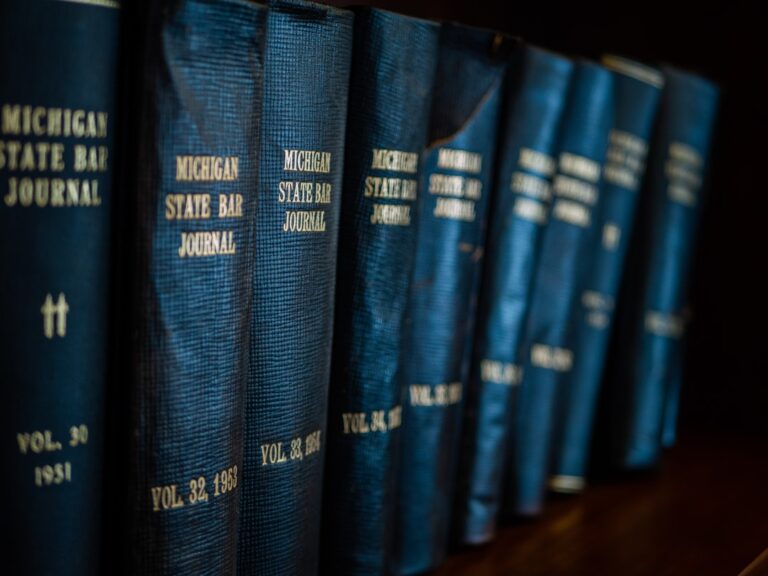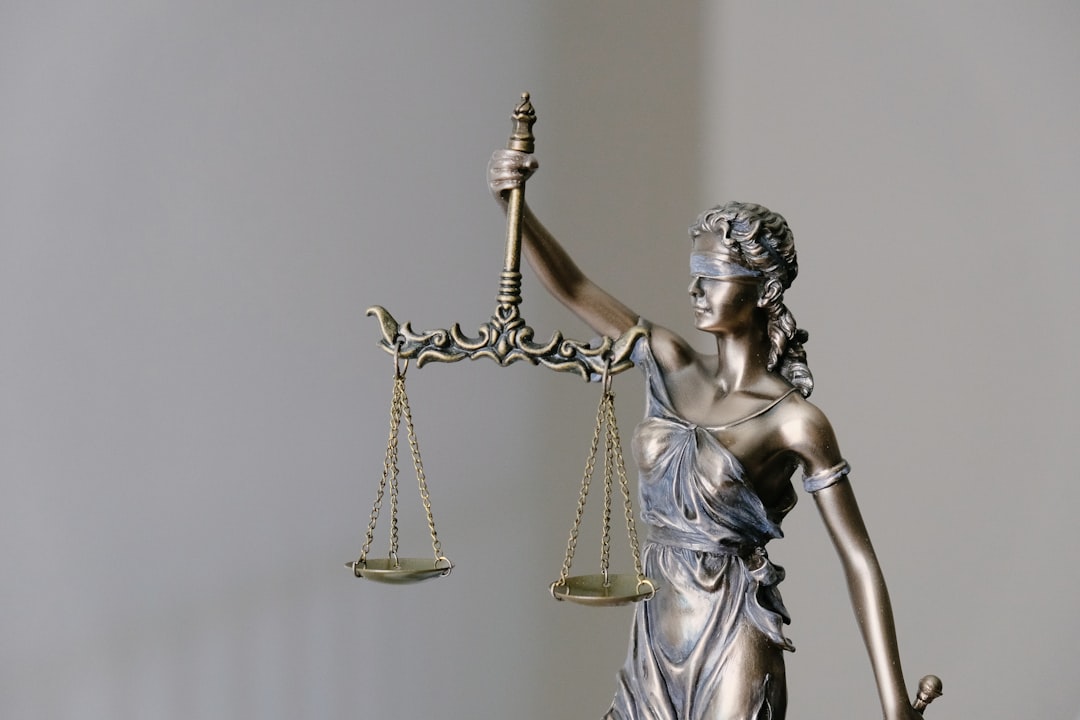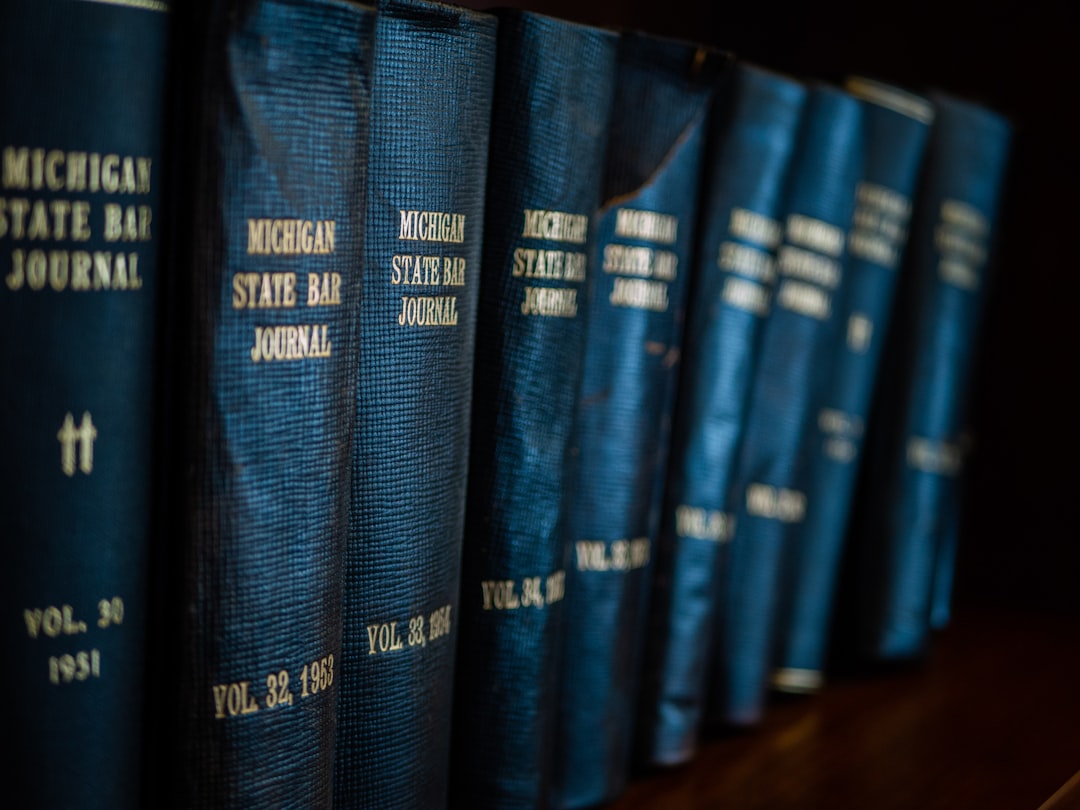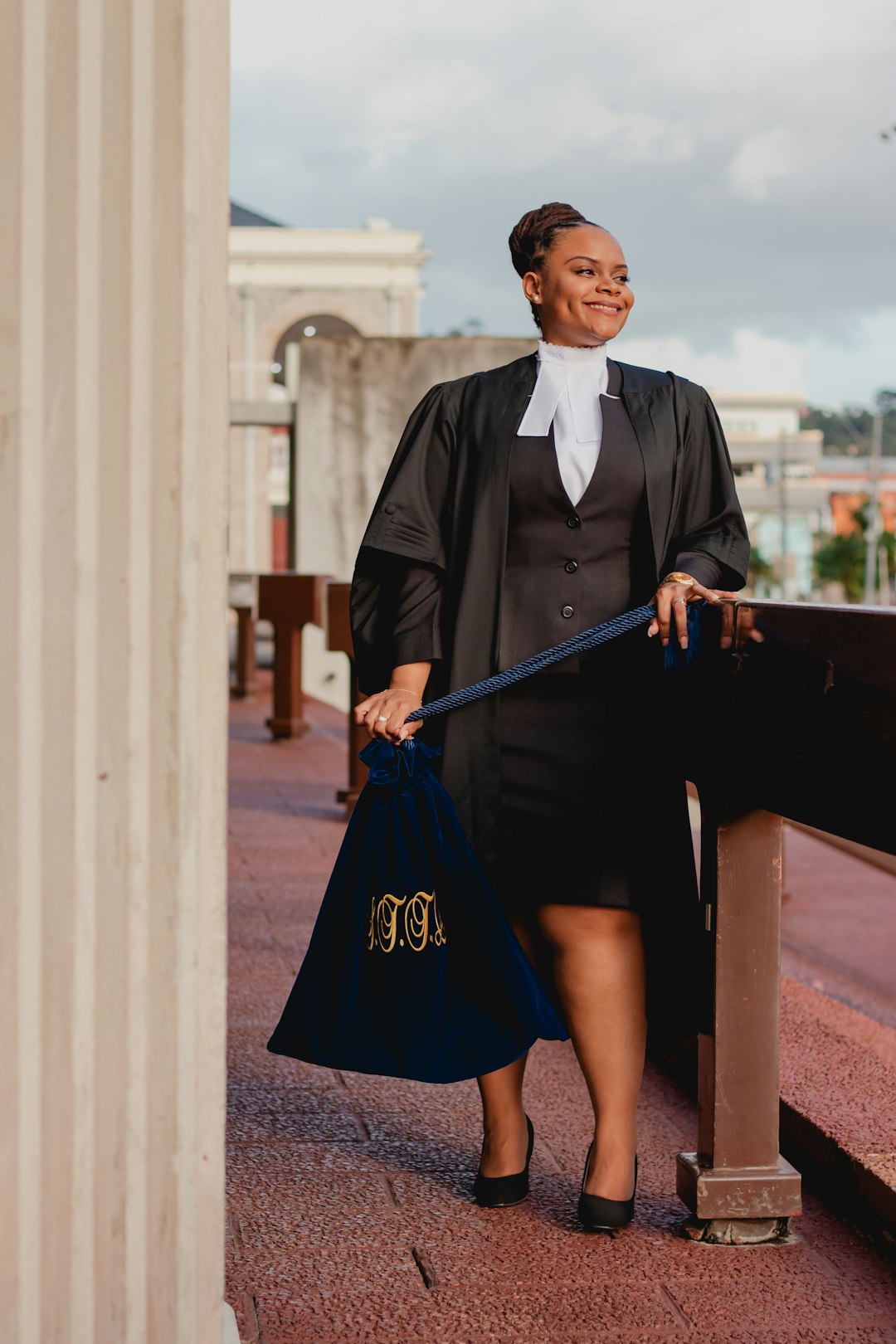In Mississippi, mandatory reporting laws protect children from abuse and neglect, with educators, healthcare professionals, and social workers required to report suspected instances. School abuse attorneys play a crucial role in navigating these protocols, ensuring legal obligations are met while safeguarding privacy and rights. Despite the state's leadership in child protection through comprehensive and stringent laws, advocates suggest additional training could enhance their effectiveness. These attorneys advocate for continuous improvement to better serve children's interests, handling increased case volumes and victim reports. In Ridgeland, Mississippi, collaborative efforts between schools, law enforcement, and legal professionals have significantly enhanced child protection, offering an inspiring example of community engagement in child protection laws. Advocates aim to refine legislation through updates to reporting guidelines, notification processes, and comprehensive educator training to create a safer environment for students.
“In Mississippi, mandatory reporting laws play a pivotal role in safeguarding children from abuse. This comprehensive article delves into the state’s regulations, comparing them with national standards. With a focus on Ridgeland’s experience, we explore the impact on local school abuse attorneys and the broader implications for child protection. Understanding these laws is essential for ensuring every child receives the support they need, especially as Mississippi navigates potential legislative enhancements to further strengthen its position nationally.”
Understanding Mississippi's Mandatory Reporting Laws: A Brief Overview

In Mississippi, mandatory reporting laws are in place to protect children from abuse and neglect. These laws require certain individuals, including educators, healthcare professionals, and social workers, to report suspected instances of child abuse or neglect to relevant authorities. The state has specific protocols for different types of reports, such as physical, emotional, or sexual abuse, ensuring a comprehensive approach to child welfare.
School abuse attorneys in Mississippi play a vital role in navigating these laws. They guide educators and other mandated reporters through the process, ensuring they meet their legal obligations while protecting the privacy and rights of all involved. Understanding these laws is crucial for fostering a safe environment for children, with the ultimate goal of preventing and addressing any form of abuse or neglect.
National Comparison: How Does Mississippi Stack Up?

In the national landscape, Mississippi’s mandatory reporting laws for school abuse stand out as both comprehensive and stringent. Compared to many other states, Mississippi requires a broader range of individuals—including teachers, administrators, and school volunteers—to report suspected instances of child abuse or neglect. This robust system positions the state as a leader in proactive child protection measures.
However, when benchmarked against the most progressive practices nationwide, certain aspects of Mississippi’s laws may require scrutiny. For instance, while the state has clear guidelines for reporting, some advocates suggest that additional training and support for school professionals could further enhance the effectiveness of these regulations. School abuse attorneys in Mississippi often highlight these nuances, advocating for continuous improvement to ensure the best interests of children are served.
Impact on School Abuse Attorneys in Mississippi

In Mississippi, mandatory reporting laws for child abuse and neglect are in place to ensure that certain professionals, including teachers and healthcare providers, report suspected cases to the appropriate authorities. This has a significant impact on school abuse attorneys in Mississippi by increasing the number of reported cases and potentially leading to more legal actions. With stricter reporting requirements, school abuse attorneys face a higher volume of potential cases, requiring them to be well-versed in state laws and procedures.
The increased reporting rates also mean that more victims are coming forward with their stories, which can help in building stronger cases for school abuse attorneys. However, this also presents challenges, as attorneys must navigate complex legal landscapes and ensure they have robust evidence to support their clients’ claims. As a result, school abuse attorneys in Mississippi play a crucial role in advocating for the rights of abused children, using their expertise to bring justice and healing to those who need it most.
Ridgeland's Perspective: Local Challenges and Successes

Ridgeland, a vibrant community in Mississippi, offers a unique perspective on the state’s mandatory reporting laws regarding school abuse. Local advocates and attorneys have been instrumental in both challenging outdated systems and celebrating successes in child protection. The city’s proactive approach has involved close collaboration between schools, law enforcement, and legal professionals to ensure that children’s safety is prioritized.
This collaborative effort has led to increased awareness and more stringent reporting protocols, empowering school abuse attorneys Mississippi-based to effectively intervene in cases of mistreatment. Ridgeland serves as a testament to how local initiatives can enhance national efforts, demonstrating that community engagement is crucial in navigating the complex landscape of child protection laws.
Future Implications: Enhancing Protection through Legislation

As the dialogue around child protection continues to evolve, future implications for Mississippi’s mandatory reporting laws could significantly enhance protection for victims of school abuse. The current legislation serves as a crucial step in ensuring that instances of abuse are addressed and reported, but there is always room for improvement.
With the help of dedicated school abuse attorneys in Mississippi, advocates can work towards refining these laws to better equip professionals and communities to recognize and respond to potential cases. This could involve updating reporting guidelines, streamlining notification processes, and providing comprehensive training for educators, administrators, and staff on identifying signs of abuse and appropriate course of action. By strengthening these legal frameworks, Mississippi can create a safer environment for students, fostering a culture where every voice is heard and every concern taken seriously.






